President Erdoğan’s call for a 'Turkey alliance' and the attack on CHP Leader Kılıçdaroğlu

Yusuf Karadaş
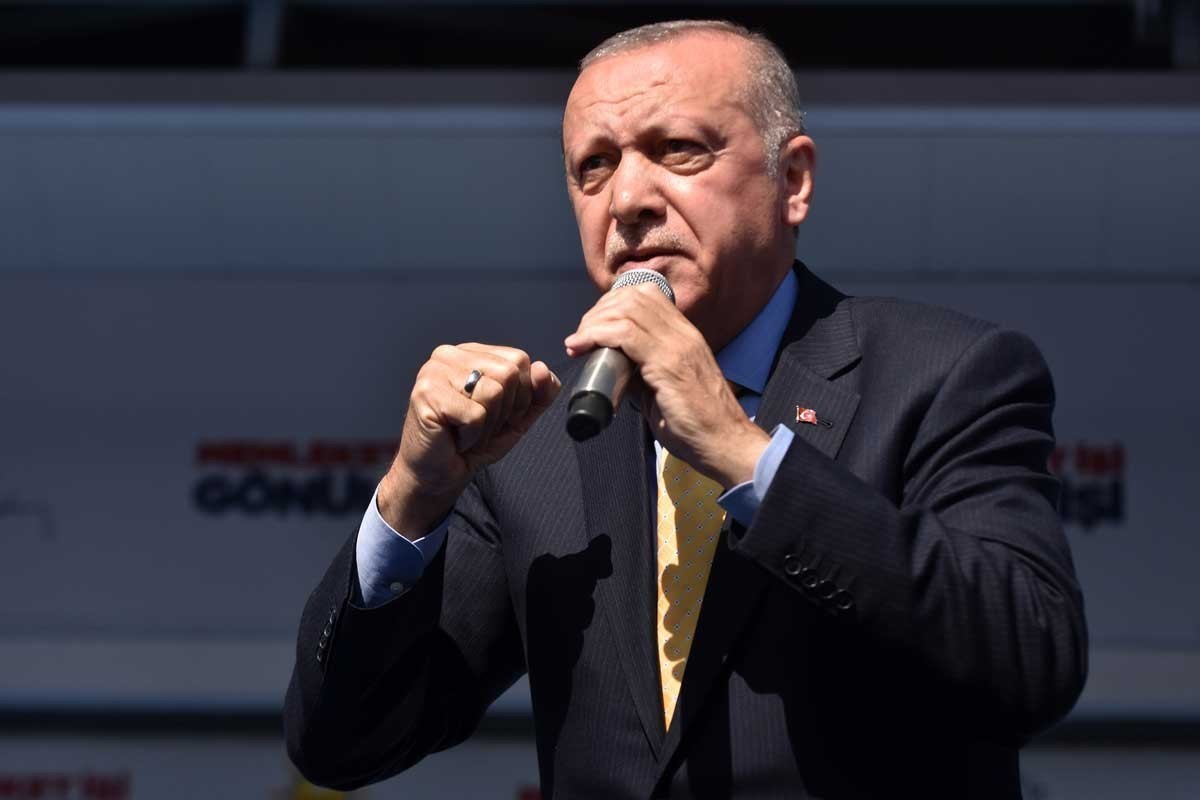
Fotoğraf: Hasan Dönmez/DHA
Not long after President Erdoğan’s comment, “In issues pertaining to our country’s survival, we must put our political views and differences to one side and act in a unity of 82 million as a ‘Turkey Alliance,’” CHP Chair Kemal Kılıçdaroğlu was attacked while attending the funeral in Ankara’s Çubuk of professional private Yener Kırıkçı who had lost his life in the clash in Hakkari. It suffices to watch the footage of the attack to realize that the assault was not the work of people who had chanced together but an organized attempted lynching was involved.
The police, who show not the slightest hesitation over attacking the ‘Peace Mothers’ and dragging them along the ground while clubbing them, standing and watching the assault at a ceremony at which the General Director of Police, the Ankara Police Chief, Minister of Defence and Chief of the General Staff were present can surely not be accounted for as a security lapse.
There is also no need to engage in deep analysis to be able to say that those who staged this attack drew succour from the antagonistic, terrorizing hate speech of ruling party spokespeople, not least President Erdoğan, towards their opponents. President Erdoğan’s comments on the electoral stump that, “Votes that go to the CHP will go to terrorist organizations” and talk of an “Alliance of degradation” that he employed to portray the “Nation Alliance” as a nefarious alliance is fresh in memories. On the other hand, just think that an Interior Minister, whose duty is to preserve society’s peace and provide security, proclaims the main opposition party to be a “terrorist collaborator” and can openly speak of instructing people from the CHP not be admitted to “funerals of the fallen.” It should thus come as no surprise that there are those who feel a state of affairs in which even bloody-handed organized crime bosses can act as ruling party spokesmen and threaten society imposes a duty on them.
Well, who and what calculations may lie behind this attack?
To find the answer to this question, we first need to look at President Erdoğan’s call for a “Turkey alliance” and the comment, “Our alliance is the People’s one” ensuing in reaction from the People’s Alliance’s minor partner Bahçeli.
The AKP, having lost a good number of metropolitan cities most notably Istanbul and Ankara, has clearly emerged wounded from the 31 March local elections and the election results have made the AKP-Erdoğan rule all the more dependant on the MHP. Well, Erdoğan’s comments cannot be thought of independently of these results. With the proclamation of a “Turkey alliance,” Erdoğan wants to force the opposition to unite around his policies in such matters as the Kurdish problem (intervention against the Syrian Kurds) which he sees as an issue of survival and the economic crisis. This endeavour also for sure involves an attempt to reduce the dependence of his own rule on the MHP.
Here there is a need to ask Erdoğan, who is calling on the 82 million to unite:
Where are the workers, whose strikes you have until now boasted of banning and whose severance pay you have set your sights on, in this alliance?
Where in this alliance are the millions who vote for the HDP, whose administrators you have accused of “terrorism” at every opportunity for defending a peaceful, democratic solution to the Kurdish problem in place of war and violence, and where are the Peace Mothers who come under attack for trying to make their voices heard about their hunger striking children?
In this alliance, where are the retirement age victims, the villagers engaged in agriculture and husbandry who have now come to the verge of extinction thanks to the policies of external dependence you have imposed and the public workers whose job security you announce you will eliminate?
I could keep churning out these questions, but even this many suffices to see/show this call for a “Turkey alliance” is a call for unity around the single-man regime and this regime’s anti-labour and anti-democracy policies. So, Erdoğan’s call is not, as is imagined, a sign of softening in the policies being implemented but the endeavour to legitimize his own rule among wider sections of society.
What about Bahçeli?
It would not be wrong to say that Bahçeli and his party came out of the 31 March elections as the winning side of the “People’s Alliance,” given that the MHP as it stands today both enjoys all the blessings of power and is able to exempt itself from criticism aimed at the ruling body. Also, the MHP’s victory in many places where the AKP and MHP came head to head in the local elections points to a swing in the vote from the AKP to the MHP. This clearly places the MHP in a critical position in terms of the continuation of Erdoğan’s rule and this situation is of immense satisfaction to Bahçeli.
At this very point, there is a need to turn and look at what Bahçeli said about the attack on Kılıçdaroğlu. Bahçeli’s accusatory remark aimed at assault victim Kılıçdaroğlu, “What have you done Kemal Kılıçdaroğlu to make that man go as far as swinging a punch?” takes us a step closer to finding the answer to the question, “Who and what calculations lie behind this attack?”
Bahçeli is opposing Erdoğan’s call for an open-ended “Turkey alliance” and wants the People’s Alliance, constructed on polices of heightening tensions and polarizing society, to continue in its current form. Bahçeli is known to have a considerable number of supporters for this not just from his own party, but also from within the AKP.
As a result, Erdoğan’s call for a “Turkey alliance” and Bahçeli’s insistence on the People’s Alliance augurs polemics between the partners of the new regime as to how the single-man regime will and should continue after 31 March. However, it is sufficient to look at the attack staged on Kılıçdaroğlu to see that a result favourable to the forces of labour and democracy will not emerge from such polemics/clashes whose aim is to shore up the single-man regime.
For a democratic country and a human existence, no other exit route stands before the forces of labour and democracy apart from stepping up the trend of self-confidence and struggle that emerged among wide circles of society in the 31 March elections in opposition to the single-man regime.
(Translated by Tim Drayton)
{{377944}}


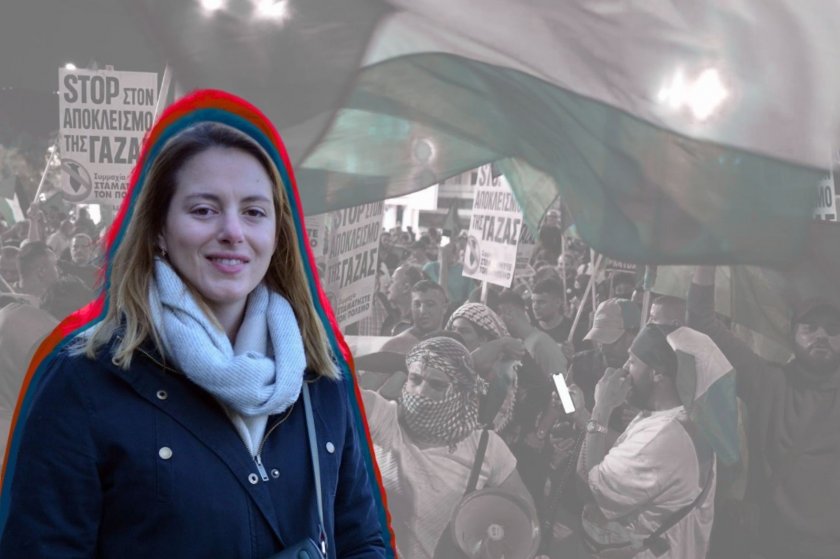
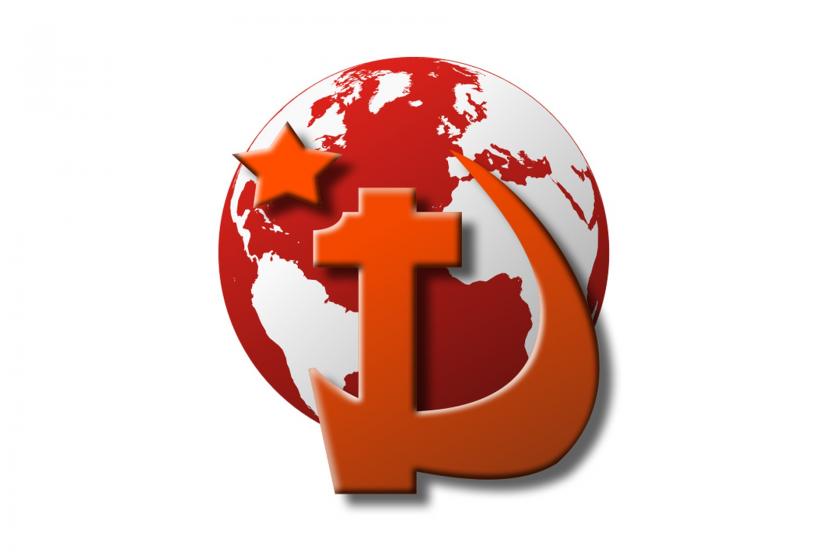
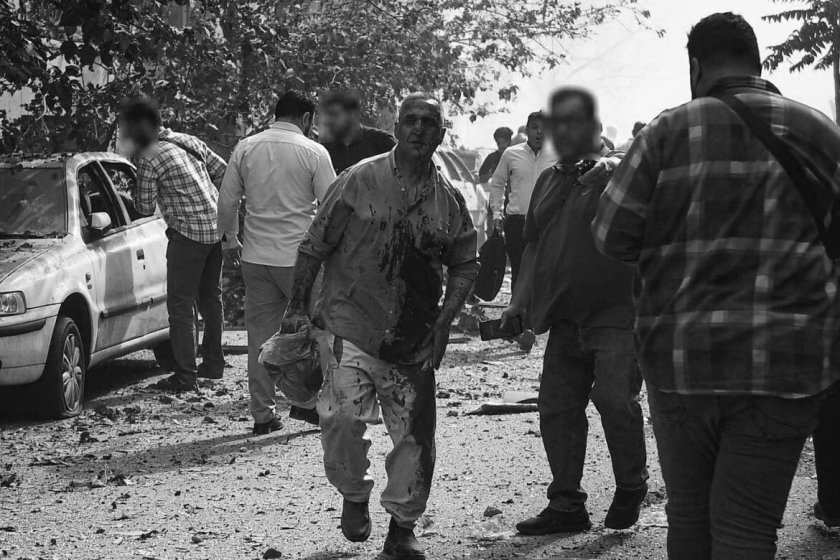
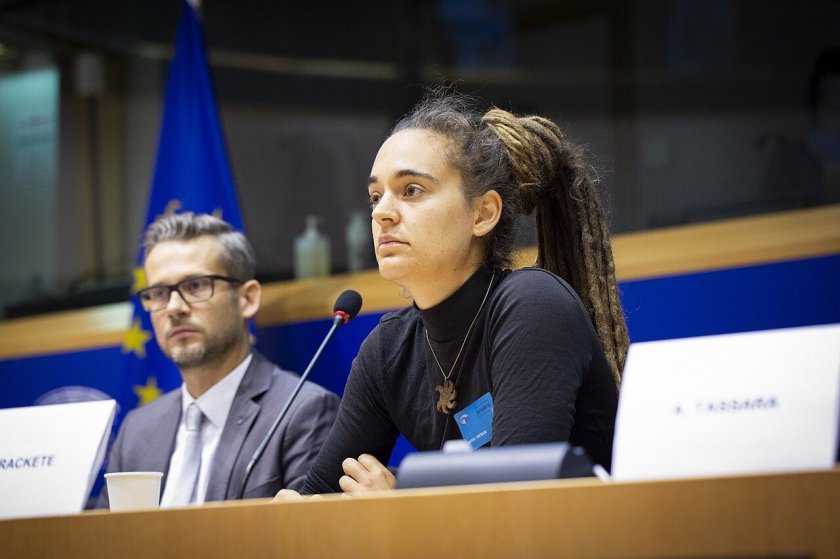
Follow Evrensel